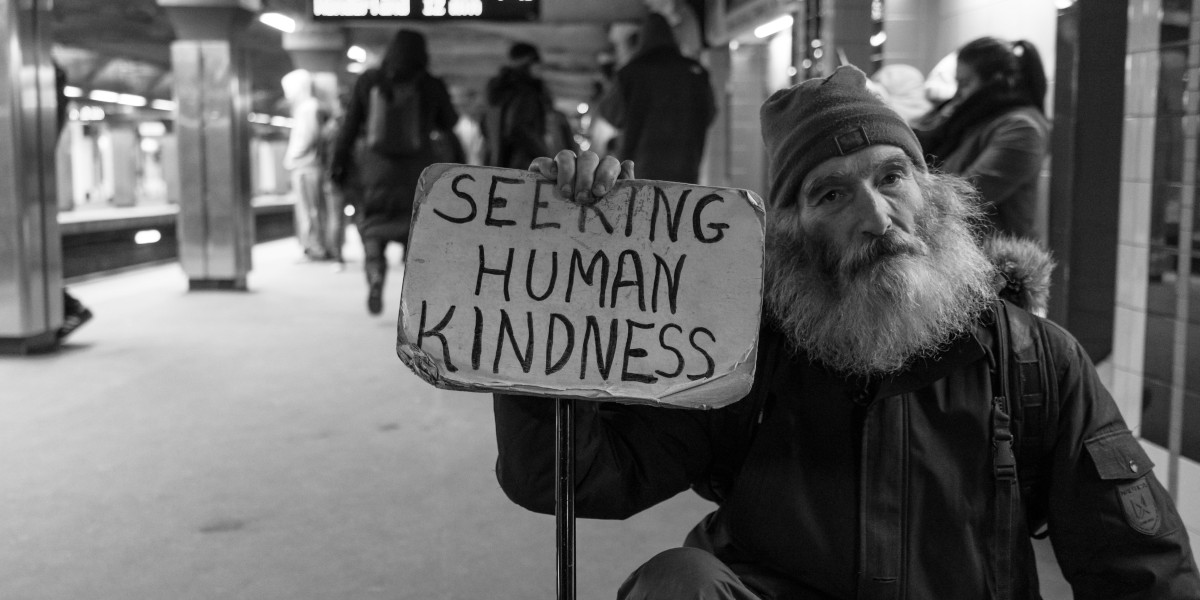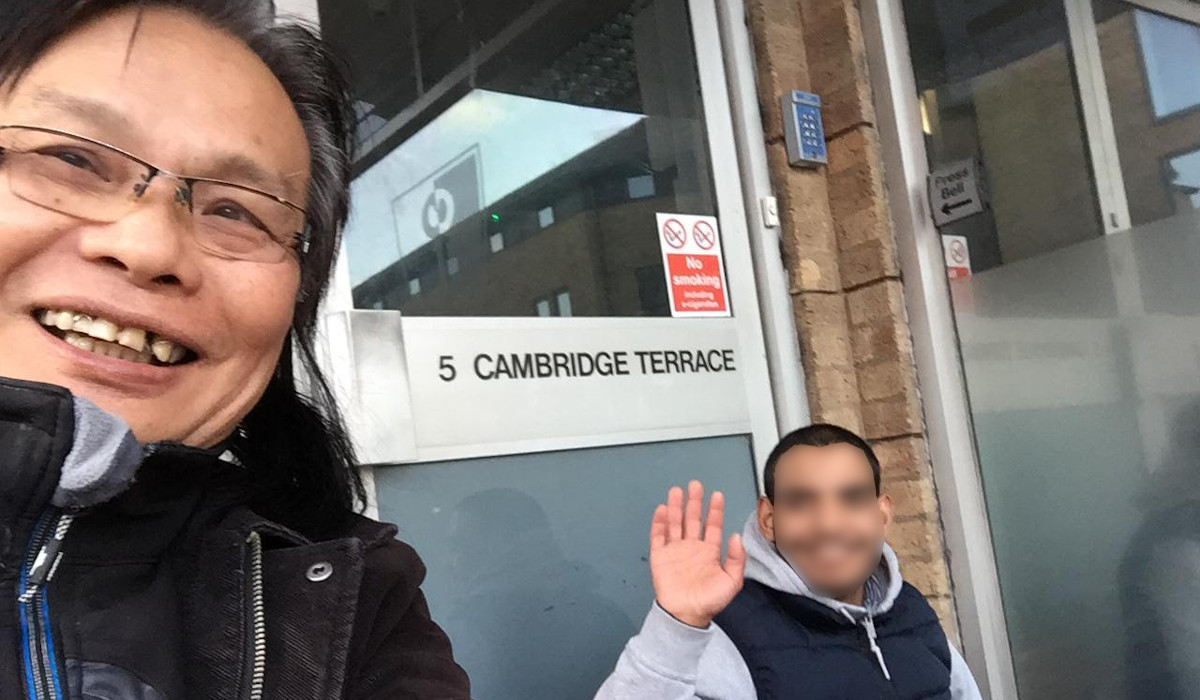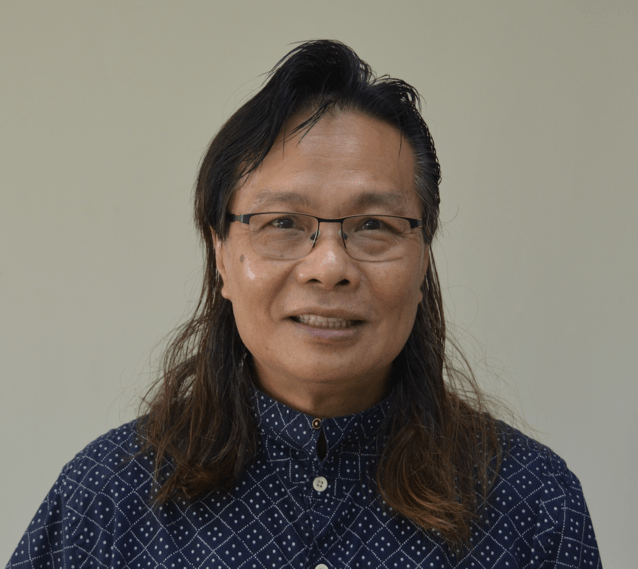
Photo by Matt Collamer on Unsplash
Life as a contemplative in action is a meaning-making sojourn, and to live meaningfully entails living with greater responsibility towards the victims of marginality. The margin is a theological site for an encounter with Christ.
In an asymmetrical relationship, the homeless are faceless, nameless, sometimes scorned as ungrateful beneficiaries of whatever is “doled out” from the surplus of institutions, organisations, families, and individuals. On the other hand, in a symmetrical relationship, the ‘I’ and the ‘Thou’ are coeval humans, enjoying a relationship that finds ways to meet the other on the same ground, in the same time. The ‘I’ and the ‘Thou’ cherish equality, warmth, and friendship.
I first met John in November 2019 and then periodically until July. I always jogged past him in his nook before dawn. In my frequent interactions with him, it surprised me that marginality has not numbed him to the violence of systemic exclusion. His sharp critique often jostled me: “The authorities threw away my belongings when they came around –and this is England”; “Boris Johnson, as a leader, he looks stupid. He just mouths that he cares about the poor, but it’s just talk”; “The rich do not care”; “The council people knew that I am homeless. They are more interested in getting paid then looking after the poor”; “These staff, they work in the café there, but they have never given me a cup of coffee.”
John and I walked on grounds of shared friendship that sensitised me to his needs, allowing him to live on his terms, not mine. When I felt lukewarm about reaching out to those on the margins, John’s affirmation was a beacon of encouragement: “The rich do not care. But you care. And I care!! I will sleep here because this spot belongs to the church.” John expressed his appreciation and gratitude by offering me a hat, an Indonesian handicraft, a paper weight, and a box of incense. He even extended a personal invitation to drink coffee with him as he cued up to draw money from the Halifax bank on St Ebbes Street.

In my encounter with Susanne in January over a shared breakfast, I sat on the concrete floor next to her and listened to her stories. I requested if we could take a photo together and was delighted with her sense of coeval freedom when she asked me if she could place her right hand over mine. It was an intimate experience of our interbeing-ness, seated on the bosom of Mother Earth, realising that she and I are both sacred and divine in God.
Lucille, a young lady in her late 20s, was shivering on a cold day in February. I promised to return with a long thick coat while I left four boxes of food in her care. I returned and passed her the winter coat which she took and wrapped around herself. When she confirmed that the paintings on display were her drawings, I interjected that I would bring money next time to buy a particular painting that I was drawn to. The affirmation of her artistic talent occasioned drops of tears to roll down her cheeks which she wiped away, a sight that is etched deeply in my memory.
Friends Allen and Josie are in their 30s. I passed them some vegetarian pasta, cheese, and biscuits. Josie shared: “I am a bit stupid. I have pain in my left thigh.” I hugged both of them and came home. Shortly after, I met Allen again with his two friends. Allen just hugged me when I passed him the fish cakes. He remarked: “I like to give you back the rest of the fish cakes. I do not like to waste food. You can pass it to someone else.” I was touched by his sense of frugality, mindfulness, and solidarity. I left them and soon met Ray and his dog and passed him the remaining fish cakes and vegetables, too.
Stranded and homeless, Nicolai had been through the fluctuating ebbs of anxiety, anger, joy, disappointment and frustration, and the death of his elder sister from cancer, at the time I knew him in April, when I shared coffee and cake while observing social distancing. He was stranded for three months in Oxford as the president of Romania declared a national lockdown. After two failed attempts, Nicolai managed to return to Bucharest in May.
Susanne, Lucille, Allen, Josie, Ray, and Nicolai serve us grim reminders that our current global pandemic crisis, as Arundhati Roy opines, “offers us a chance to rethink the doomsday machine we have built for ourselves”, to be “ready to imagine another world” and “to fight for it” simply because, as Pope Franics avers: “We cannot expect the economic model that underlies unfair and unsustaible development to solve our problems.”
In my encounter with the homeless, I draw inspiration from the unflinching resistance of Pope Francis in opposing neo-Malthusianism and how it influences “the way people are selected according to their utility or productivity: the throwaway culture… in which the “homeless continue to be homeless” or “put in quarantine. And the hotels are empty. But the homeless cannot go to a hotel”.
Marginality is the theophanic site in the struggle for justice for the homeless. It entails “opening new horizons, opening windows, opening transcendence towards God and towards people, and in creating new ways of being at home” with those whose “home” is at the intersection of marginality, response-ability, justice, and compassion.







